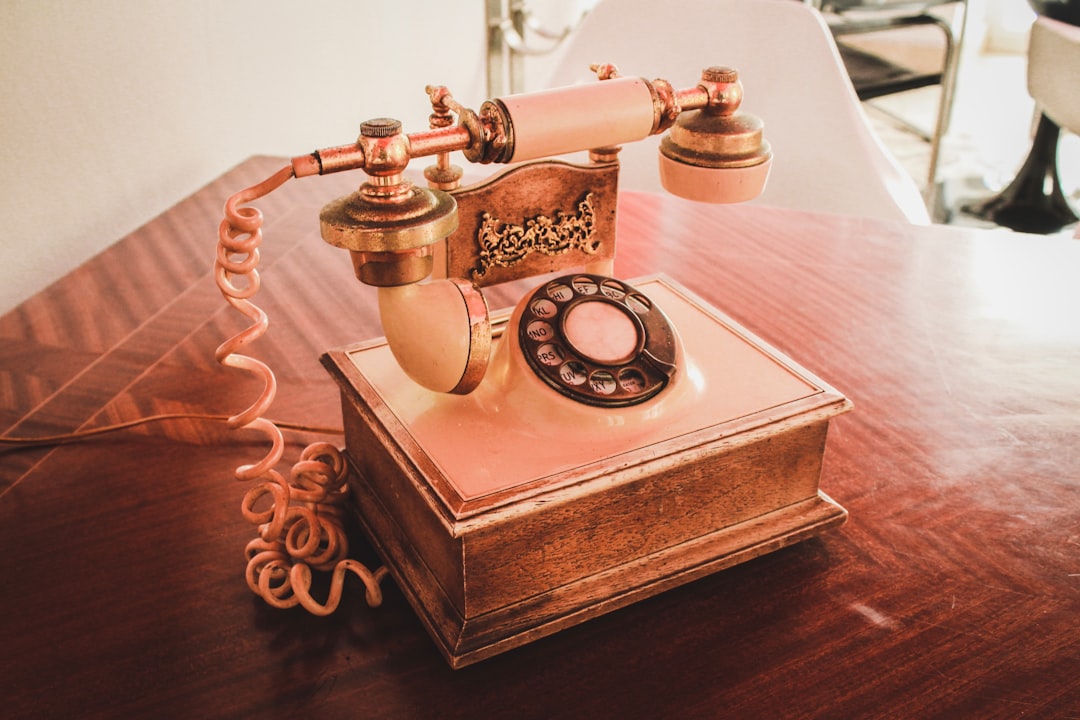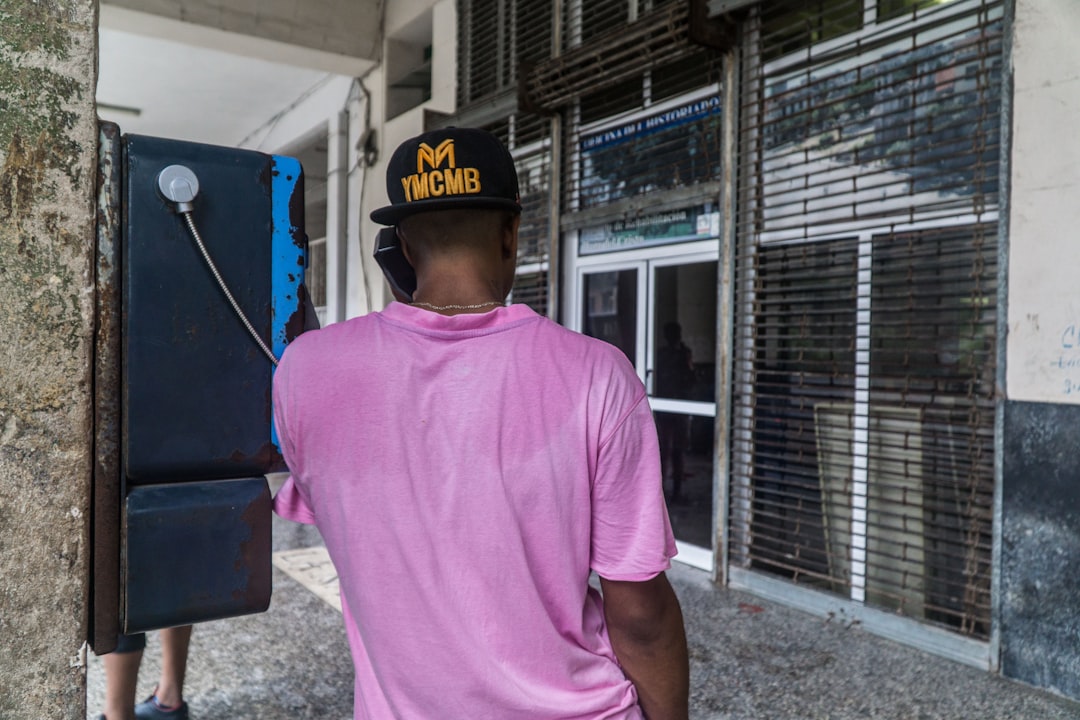The COVID-19 pandemic sparked a surge in spam calls in Philadelphia, prompting residents to seek legal protection. This trend highlights the need for businesses and individuals to learn how to stop spam calls Philadelphia by understanding consumer protection laws like the TCPA. Specialized spam call law firms and lawyers for TCPA in Philadelphia offer crucial strategies, emphasizing Do Not Call registries, call-blocking apps, and compliance with local regulations to protect both businesses and residents from unwanted telemarketing.
The COVID-19 pandemic significantly reshaped communication trends, with telemarketing activities soaring in Philadelphia, reflecting a broader national shift. This article delves into the impact of the pandemic on telemarketing practices in Philadelphia, exploring changes in consumer behavior and spam call patterns. We also analyze the evolving legal landscape, focusing on Philadelphia’s spam call laws and their effects. Furthermore, top law firms share strategies to combat spam calls, offering valuable insights for both consumers and businesses aiming to navigate this complex environment effectively, with a particular focus on how to stop spam calls in Philadelphia and solutions from spam call lawyers in Philadelphia.
The Surge in Telemarketing During COVID-19: A Philadelphia Perspective

During the COVID-19 pandemic, there was a notable surge in telemarketing activities across various industries in Philadelphia. With businesses shifting to remote operations and people spending more time at home, phone calls from telemarketers became an increasingly common phenomenon. Many residents found themselves receiving unsolicited calls promoting everything from home services to financial products, often posing as emergency or time-sensitive offers. This sudden influx highlighted the need for effective strategies to combat spam calls, prompting many Philadelphians to seek solutions and legal recourse.
As a response to this growing issue, both individuals and businesses started exploring ways to stop spam calls Philadelphia. This trend led to an increased awareness of consumer protection laws, particularly the Telephone Consumer Protection Act (TCPA). Many turned to reputable spam call law firms and lawyers for TCPA in Philadelphia to understand their rights and explore legal avenues to curb unwanted telemarketing. The pandemic’s impact on telemarketing trends underscored the importance of such measures in navigating the complex landscape of consumer protection in the digital age.
Changes in Consumer Behavior and Spam Call Patterns

During the COVID-19 pandemic, consumer behavior shifted dramatically, impacting telemarketing trends across the nation, including Philadelphia. With more people staying at home and relying heavily on their phones for work, education, and social interactions, spammers took advantage of this change. Spam call volumes surged as unscrupulous businesses and individuals exploited the increased use of mobile devices, resulting in a deluge of unwanted calls and text messages. This shift highlighted the need for stronger measures to protect consumers from spam calls in Philadelphia.
In response to these changes, many Philadelphians turned to innovative solutions to combat the surge in spam calls. They began exploring ways to stop spam calls effectively, leading to an increased interest in understanding and navigating the Telemarketing Consumer Protection Act (TCPA). Local law firms specializing in spam call lawsuits in Philadelphia became more prominent as consumers sought legal advice on how to stop spam calls and hold offenders accountable under the TCPA. This new trend not only impacted telemarketing tactics but also brought attention to the importance of consumer privacy and protection in the digital age.
Legal Landscape: Spam Call Laws in Philadelphia and Their Impact

In Philadelphia, as in many cities across the globe, the outbreak of COVID-19 dramatically altered communication trends, with a significant rise in telemarketing calls. While this shift presented new opportunities for businesses, it also brought about challenges related to consumer privacy and protection from unwanted spam calls. The city’s legal landscape is shaped by stringent spam call laws, particularly those addressing the Telephone Consumer Protection Act (TCPA). These regulations aim to safeguard residents from excessive or misleading telemarketing practices.
Philadelphia’s strict interpretation of TCPA laws has prompted many businesses to reassess their telemarketing strategies. To comply with the law and avoid legal repercussions, companies must obtain explicit consent from recipients before making marketing calls. A spam call law firm or lawyer specializing in TCPA cases in Philadelphia can provide guidance on navigating these regulations. By understanding how to stop spam calls effectively, businesses can foster better consumer relationships while adhering to the city’s legal framework.
Strategies to Combat Spam Calls: Insights from Top Law Firms in Philadelphia

With a surge in remote work and increased reliance on phone communication, spam calls have become a significant nuisance in Philadelphia, much like across the nation. As businesses adapt to the new normal, so do scammers, making it more critical than ever to implement effective strategies to combat unwanted and fraudulent calls. Top law firms in Philadelphia are at the forefront of this battle, offering insights into how individuals and businesses can protect themselves from spam calls.
These legal experts emphasize that proactive measures are key. This includes registering for Do Not Call lists, using call-blocking apps, and being cautious when sharing personal information online. Moreover, they advise staying informed about state and federal laws like the Telemarketing Consumer Protection Act (TCPA) to understand one’s rights. Engaging the services of specialized spam call lawyers in Philadelphia is also recommended for comprehensive legal guidance and to navigate the complex landscape of telemarketing regulations, ensuring businesses and residents alike can enjoy a quieter, safer communication environment.






